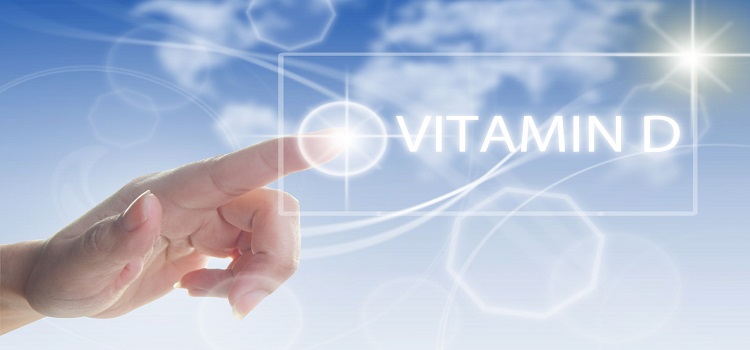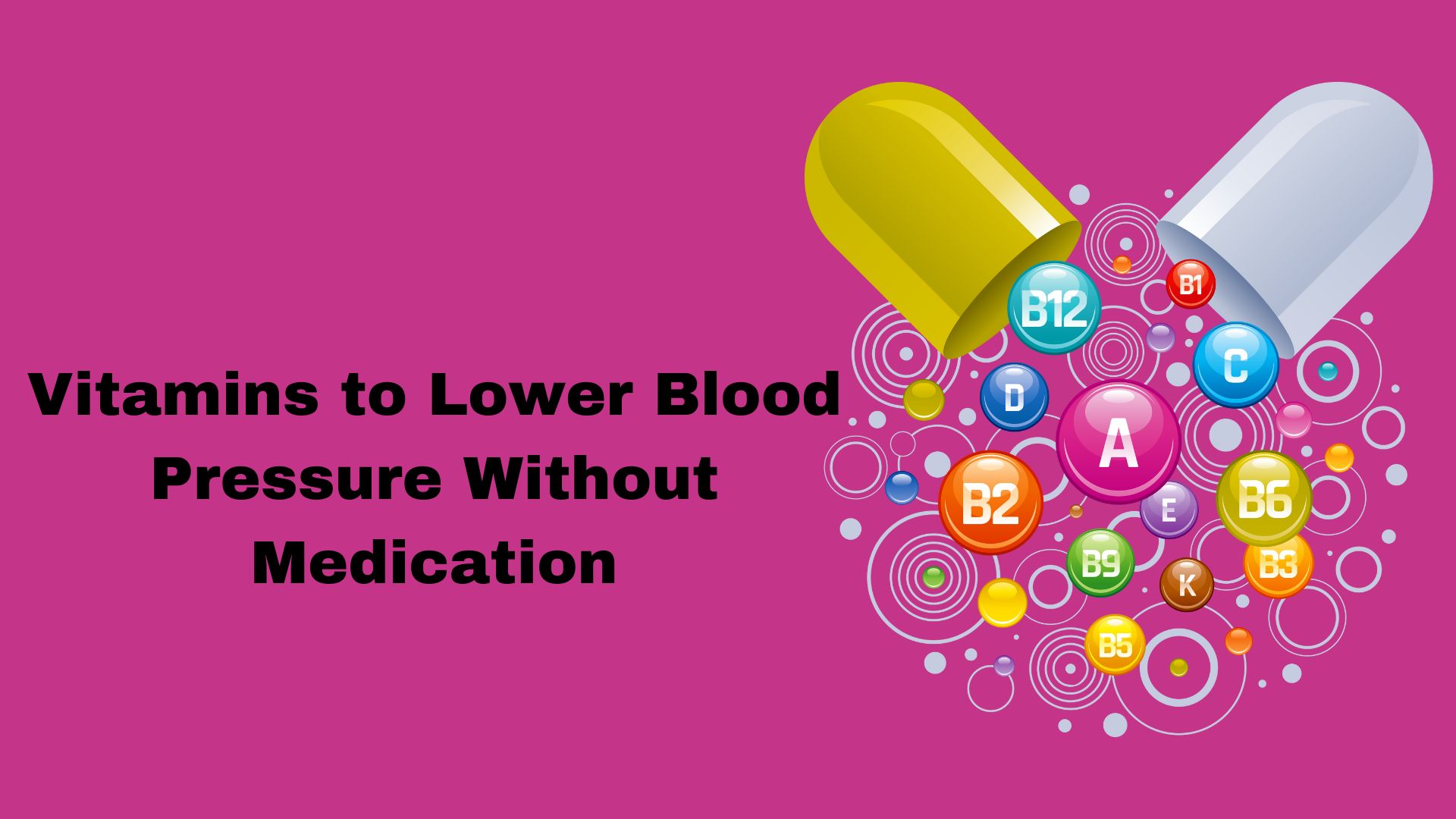The Dangers of High Blood Pressure
Here are some of the key risks and dangers:
- Cardiovascular Diseases: One of the main risk factors for cardiac conditions such as heart failure, heart attack, and coronary artery disease. Atherosclerosis, a disorder in which the arteries become narrower, harden, and impede blood flow to the heart, can be caused by increased pressure on the arteries.
- Stroke: One of the main causes of strokes is hypertension. The high pressure has the potential to damage the brain’s blood arteries, which might result in a clot forming or a blood vessel rupturing that would block blood from reaching the brain.
- Kidney Damage: An essential function of the kidneys is blood pressure regulation. The kidneys’ capacity to filter waste from the blood can be affected by continuously high blood pressure because it damages the kidneys’ blood vessels. Kidney failure may result from this in the end.
- Vision Problems: Blood vessel damage in the eyes can result from hypertension, which can cause vision issues and, in extreme situations, even blindness.
- Aneurysms: Aneurysms can develop when the walls of arteries weaken and enlarge due to high blood pressure. Aneurysm ruptures can be potentially fatal and need to be treated right away.
- Cognitive Decline: Evidence exists to suggest that hypertension may be linked to cognitive decline and a higher chance of developing diseases like Alzheimer’s.
- Peripheral Arterial Disease: Peripheral arterial disease is one illness that can arise from reduced blood flow in the limbs because of narrowed arteries. Walking difficulties and cramps may arise from this.
- Complications during Pregnancy: Pregnant women may be at risk for hypertension, which can result in illnesses like preeclampsia. This could have detrimental effects on the mother and the child.
.
Top Supplements and Vitamins to Lower Blood Pressure
Vitamins to Lower Blood Pressure: While it’s important to consult with a healthcare provider before making any major changes to your diet, some vitamins and minerals may help you keep your blood pressure in a healthy range. The following have been studied for effective benefits:
Vitamins to Lower Blood Pressure:
- Potassium: This mineral relaxes blood vessel walls and aids in the body’s equilibrium of salt levels, which may lower blood pressure. Oranges, potatoes, spinach, bananas, and oranges are good dietary sources of potassium.
- Magnesium: A magnesium deficit has been connected to high blood pressure because magnesium helps to relax blood vessels. Nuts, seeds, whole grains, and leafy green vegetables are among the foods high in magnesium.
- Calcium: The walls of blood vessels require calcium to remain healthy. While it’s frequently linked to bone health, it might also help control blood pressure. Good sources include fortified plant-based milk, leafy greens, and dairy products.
- Vitamin D: Some research suggests a connection between high blood pressure and vitamin D deficiency. Rich meals, fatty seafood, and sun exposure are excellent sources of vitamin D.
- Omega-3 Fatty Acids: Rich sources of fatty acids, flaxseeds, walnuts, and fatty fish (such as salmon and mackerel), these fatty acids may help lower blood pressure and reduce inflammation.
- CoQ10 (coenzyme Q10): This antioxidant may help to keep blood vessels healthy and is involved in the cellular process that produces energy. There are CoQ10 supplements available, and whole grains, salmon, and organ meats all contain trace levels of this nutrient.
- Garlic: Supplements containing garlic may reduce blood pressure. Garlic can be added to food and has been used traditionally for its possible cardiovascular benefits.
- Folic Acid (Vitamin B9): Supplementing with folic acid may a little reduce blood pressure. Good dietary sources include beans, fortified cereals, and leafy green vegetables.
- Hibiscus Tea: According to certain research, hibiscus tea may have a slight reduction in blood pressure. It can be refreshing and is high in antioxidants.
Vitamin D – The Sunshine Vitamins to Lower Blood Pressure

Vitamins to Lower Blood Pressure: Known as the “sunshine vitamin,” vitamin D is essential for many body processes, such as immune system support, bone health, and even blood pressure regulation. This is the relationship between vitamin D and blood pressure:
Vitamin D Synthesis:
Sunlight is the main source of vitamin D. Your skin produces vitamin D when it is exposed to ultraviolet B (UVB) radiation from the sun. The body’s capacity to generate enough vitamin D, however, can be impacted by factors like insufficient sun exposure, the use of sunscreen, and geographic location.
Vitamin D Receptors in Blood Vessels:
Vitamins to Lower Blood Pressure: Vitamin D receptors are found in blood vessels, suggesting that vitamin D may directly affect vascular function. The endothelial cells that line blood arteries contain these receptors.
Vasodilation and Blood Pressure Regulation:
Because of its possible vasodilatory properties, vitamin D may help control blood pressure. Vasodilation, or the widening of blood vessels, is a useful strategy for lowering blood pressure. It is believed that vitamin D affects the synthesis of nitric oxide, a chemical that encourages vasodilation.
Renin-Angiotensin System Modulation:
The renin-angiotensin system, a hormonal system that controls blood pressure and fluid balance, may also be modulated by vitamin D. According to certain research, vitamin D may lower blood pressure by inhibiting the renin-angiotensin-aldosterone system’s activity.
Anti-Inflammatory Effects:
Hypertension and chronic inflammation are linked together. Because of its anti-inflammatory qualities, vitamin D can help blood pressure by promoting a better inflammatory response when levels are maintained at an appropriate level.
Potassium, Magnesium, and Calcium – 3 Key Vitamins to Lower Blood Pressure
Vitamins to Lower Blood Pressure: Potassium, magnesium, and calcium are three essential minerals that play crucial roles in maintaining various bodily functions, including the regulation of blood pressure. Here’s an overview of how these minerals contribute to reducing blood pressure:
- Potassium:
- Function: Potassium is an electrolyte that helps in the body’s regulation of sodium levels. It is essential for controlling muscular contractions, nerve messages, and fluid homeostasis.
- Blood Pressure Regulation: By promoting vasodilation, or the expansion of blood vessels, and relaxing the artery walls, potassium assists in minimizing the effects of salt. This may cause blood pressure to drop.
- Food Sources: Good sources of potassium include bananas, oranges, potatoes, tomatoes, leafy greens, and legumes.
- Magnesium:
- Function: More than 300 biochemical processes in the body, such as those involving the health of bones, blood glucose regulation, and muscle and nerve function, depend on magnesium.
- Blood Pressure Regulation: By promoting blood vessel relaxation, magnesium helps to keep blood pressure levels within a safe range. It also affects how other minerals, such as calcium and potassium, are balanced.
- Food Sources: Rich sources of magnesium include legumes, whole grains, nuts, and seeds as well as leafy green vegetables.
- Calcium:
- Function: The main function of calcium is to keep teeth and bones strong. It is also essential for blood coagulation, neuronal transmission, and muscle contraction.
- Blood Pressure Regulation: Blood vessel contraction and relaxation are controlled by calcium. Sufficient calcium levels may contribute to normal blood pressure by preserving the blood vessel walls’ flexibility.
- Food Sources: Good sources of calcium include dairy products, leafy greens, tofu, and fortified plant-based milk.

